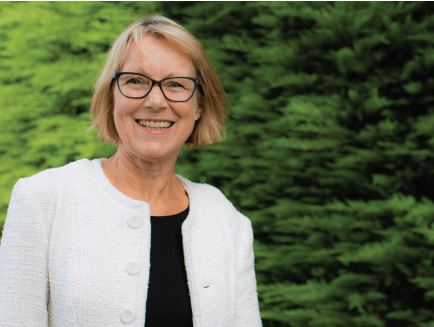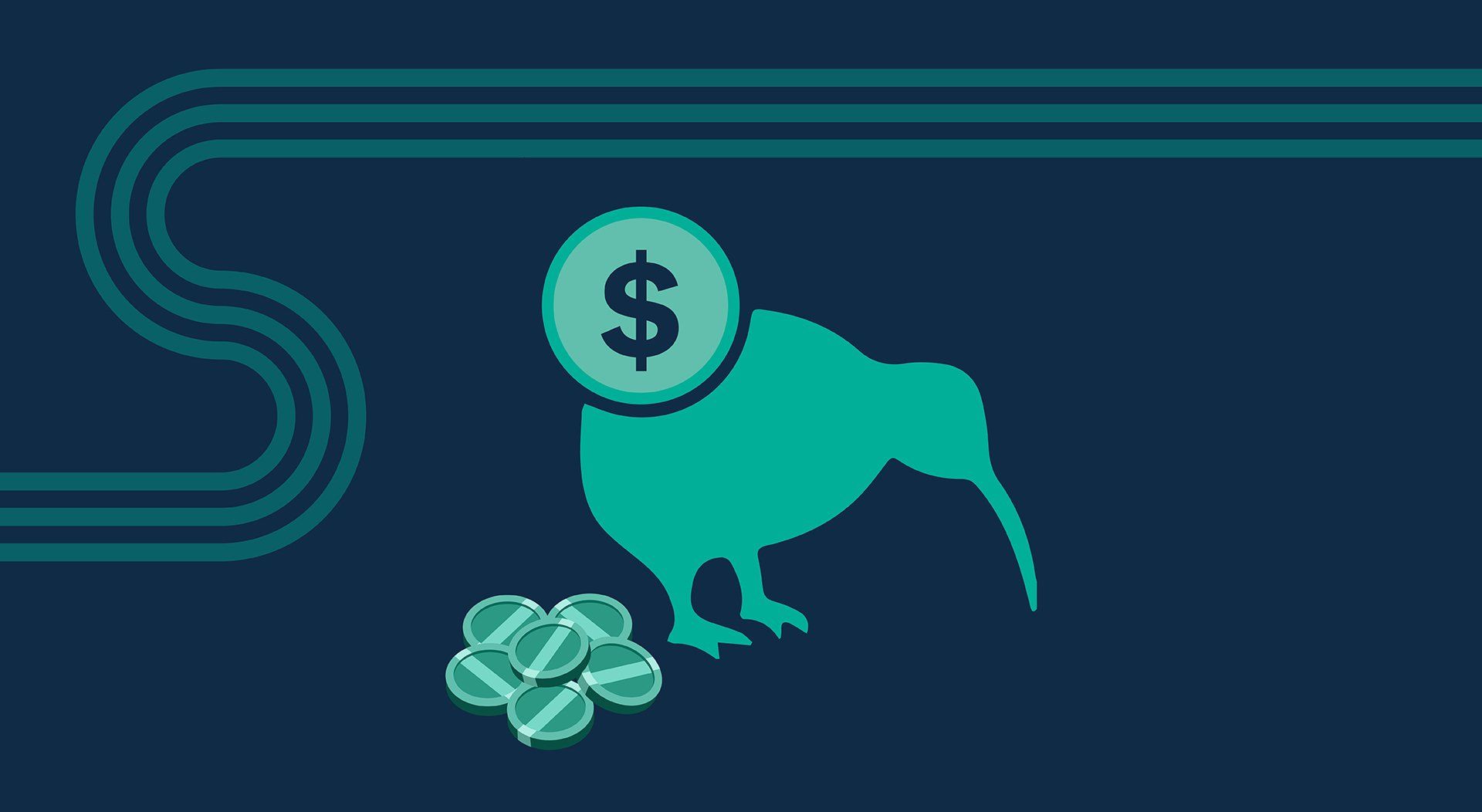Call Us 0508-468-378 | Login to My Vault
Call Us 0508 468 378 | Login to My Vault | Our Duty of Care | Retirement Guide
Self-worth vs Redundancy
NZFP • Aug 13, 2020
Advice from a financial adviser and a life coach to help you power through the personal challenges of 2020 and emerge triumphant.
Redundancy or a loss of income are high on Kiwis’ minds at the moment. Yet even when we know the economic circumstances that force them upon us, it’s hard not to take it personally.
For many, who we are is tied up with what we do, and our self-worth is linked with our salary.
When both of those disappear, it can leave us questioning our identity and value.
To help Kiwis through this challenging time, our Financial Adviser Gwen Hoople has joined forces with Life Coach Vicky Evans to offer guidance and advice to shift your mindset, reevaluate your goals, and forge your path to the other side.
When “who you are” is taken away.
It’s important to remember when you’re made redundant or are losing work that you are not your earnings, nor your job title. Those may be labels you identify with, but if you take them away, guess what… you’re still there.
Your skills, your value, your character and your experience are so much more than a position and a paycheck. Losing work stings, but it doesn’t take away from who you are.
Gwen explains: “Money is only there to enable you to have a life, or to enhance it. Who you are is totally separate from what you earn.”
Vicky also faced a loss of identity when she stopped work to have her first child, “I had defined myself by what I did, then suddenly I was at home and very isolated. This break gives you space to think about who you are, not what you are - you tend to lose sight of that over the years. Something like this happening means you have time to reevaluate your situation and think about your real gifts and talents.”
What new opportunities could come from this?
One thing we’re all increasingly aware of is that life won’t be going back to the way it was before. While there’s lots that we’ll miss from the pre-Covid days, it’s also an opportunity to reach for new goals and finally move on from what was holding us back.
A client of Gwen’s took voluntary redundancy a couple of months ago, and is now using his redundancy payout to pursue an idea he’s had brewing for a decade, but never had time to act on.
“He’s able to go full-steam ahead, spending all his energy on this big idea that really could have some legs. In the meantime, looking at the numbers has given him a sense of comfort that he can weather this, and even if he doesn’t make any money from his venture he won’t be destitute. We had a look at his cash flow, saw where he was over-insured, and saw where some savings could be had. This planning made him feel comfortable that even if he never found another full-time job, he was doing something that he loved and he would be fine.”
As Gwen’s client found, having awareness of his financial situation has given him the confidence and freedom to pursue a new passion without having to worry about whether he’ll run into problems five or ten years down the track.
Vicky agrees that the biggest thing you can do is focus on what you do have available at this moment, and what you can do with it.
“It’s hard when you’re feeling bruised and sore, you can’t force the optimism, but you can shift toward a more positive mindset by focusing on what you have, and counting your small wins! You have people around you who want to support you and help you do well - don’t be too proud to ask for help.”
“This is an opportunity to start something new for yourself - look at the new landscape and ask, how can I make my life better? What do I want to be, do, have and give? Some people might want to contribute more to their communities, some people might want to spend more time outside … it’s up to you now, what would you really enjoy and feel good about creating for yourself?”
Draw a line in the sand: what you can and can’t control.
One of the biggest challenges through the process of redundancy is trying to differentiate between what we can and can’t control, so we can focus our efforts where they’ll make a difference.
“The past is the past, you can’t change it. But you can control some aspects of your future,”
explains Gwen.
“I know it isn’t easy, but getting on top of your finances can be very liberating and reduce the stress and anxiety you have around your cash flow.”
“We know that life is always going to send you some curveballs - life always changes, nothing stays the same. We plan as best we can, obviously some things we can’t predict, but we make sure we’re prepared to deal with the changes when they come.”
Our finances are one of the key elements of our future that we can control. You can’t go back and invest 50 years ago like you wish you could, but you can start now and make the most of the present to support your future.
“It’s about the life you want to live, and less about the dollars in your account.”
In order to plan and move forward successfully, you need to know what you’re moving toward. You need to be clear on your values and what is important to you - what is your passion, what do you want out of life?
Gwen advises her clients:
“There’s no point having a financial plan without knowing why you’re doing it. If you don’t know what you want, if you don’t know why you’re investing, you’re likely to spend that money at the first temptation. Remember the goals you made and why you made them. Focus on what’s important - think about the life you want to live first, and less about the dollars in your account.”
“Financial planning distils what a client really wants from life, and how they can achieve that. Although it’s great to get a high return on your investments, it’s more about making sure we can preserve your lifestyle, so you can have the life you want. We map out goals, values, how much you need to live on, and try to make sure you get to do the things you want to do.”
Life always has good times and bad times
- this too will pass.
Just as these challenges appeared from the blue, so they will pass eventually. We can’t change what has already happened, but we can map out the future we want from here.
As Gwen says, “In times like this we can easily become pessimistic and see everything as very bleak, but you need to remember that difficult times pass as well - life never stays the same. When you’re facing redundancy and in the depths of grief, just know that this too will pass.”
“We’ve all got that inner strength, but you only find it when your chips are down. When challenging circumstances come around, you realise how strong you can really be,”
Vicky agrees.
Freephone: 0508 468 378
Email:
[email protected]
© 2024
All Rights Reserved | New Zealand Financial Planning Company Ltd | Made in Aotearoa with ❤ by Attraction Studio





